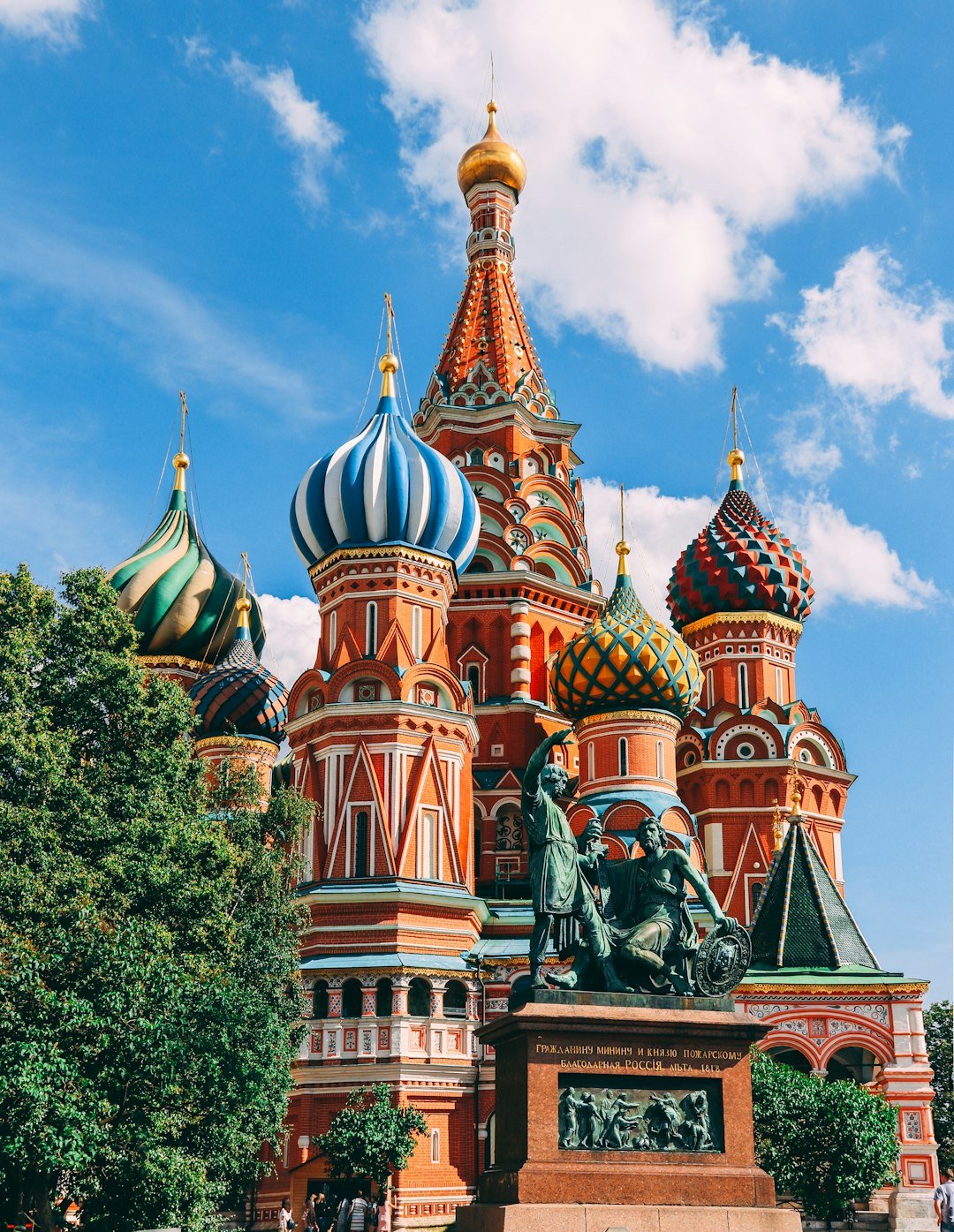New MIGA Report: FDI into Developing Countries Expected to Increase by 17 Percent in 2010
Published by Gbaf News
Posted on December 30, 2010
4 min readLast updated: January 22, 2026

Published by Gbaf News
Posted on December 30, 2010
4 min readLast updated: January 22, 2026

Investors are optimistic about prospects for a global economic recovery led by the developing world, notes a report launched today by the World Bank’s Multilateral Investment Guarantee Agency (MIGA) at a Financial Times Summit in London. The report, World Investment and Political Risk, says that foreign direct investment flows (FDI) into developing countries are projected to increase by 17 percent in 2010. Investors from the extractive industries, as well as those based in developing countries, are particularly bullish in their investment intentions. This finding represents the business world’s confirmation of economists’ projections: FDI is expected to recover over the next couple of years, having declined sharply by 40 percent last year.
“This upsurge in FDI into developing countries is welcome news, especially considering last year’s drop,” said MIGA Executive Vice President Izumi Kobayashi. “FDI flows directed to productive assets can spur economic growth and reduce poverty.”
For the second year running, MIGA surveyed multinational executives and found that their top worry when operating in developing countries over the next three years is political risk. Political risk tops business concerns such as market size, lack of finance, and quality of infrastructure. About a fifth of the investors surveyed use political risk insurance to mitigate this risk.
This year’s report also focuses on FDI into conflict-affected and fragile economies, where investors are primarily concerned about adverse government intervention (for example changes in regulations, breach of contract, non-honoring of sovereign guarantees, currency restrictions, and expropriation) rather than overt political violence. In fact, adverse changes in regulations not only rank first among investors’ concerns in conflict-affected and fragile economies, but also are most often responsible for losses in these destinations.
MIGA’s report underlines the important role of FDI in conflict-affected and fragile economies, despite real obstacles. By providing much-needed financial resources, technology transfer, managerial expertise, and connections to the global economy, FDI can help generate and sustain economic growth and promote development, both essential to stability. The report also notes that multilateral political risk insurance providers have a key role to play in covering FDI in fragile countries because their development mandate allows them to look beyond the bottom line.
Kobayashi notes, “Economic growth is critical for all of us around the globe—but it is even more so for underserved markets—especially those economies that have been struggling under the very heavy burden of conflict and instability.”
Investors are optimistic about prospects for a global economic recovery led by the developing world, notes a report launched today by the World Bank’s Multilateral Investment Guarantee Agency (MIGA) at a Financial Times Summit in London. The report, World Investment and Political Risk, says that foreign direct investment flows (FDI) into developing countries are projected to increase by 17 percent in 2010. Investors from the extractive industries, as well as those based in developing countries, are particularly bullish in their investment intentions. This finding represents the business world’s confirmation of economists’ projections: FDI is expected to recover over the next couple of years, having declined sharply by 40 percent last year.
“This upsurge in FDI into developing countries is welcome news, especially considering last year’s drop,” said MIGA Executive Vice President Izumi Kobayashi. “FDI flows directed to productive assets can spur economic growth and reduce poverty.”
For the second year running, MIGA surveyed multinational executives and found that their top worry when operating in developing countries over the next three years is political risk. Political risk tops business concerns such as market size, lack of finance, and quality of infrastructure. About a fifth of the investors surveyed use political risk insurance to mitigate this risk.
This year’s report also focuses on FDI into conflict-affected and fragile economies, where investors are primarily concerned about adverse government intervention (for example changes in regulations, breach of contract, non-honoring of sovereign guarantees, currency restrictions, and expropriation) rather than overt political violence. In fact, adverse changes in regulations not only rank first among investors’ concerns in conflict-affected and fragile economies, but also are most often responsible for losses in these destinations.
MIGA’s report underlines the important role of FDI in conflict-affected and fragile economies, despite real obstacles. By providing much-needed financial resources, technology transfer, managerial expertise, and connections to the global economy, FDI can help generate and sustain economic growth and promote development, both essential to stability. The report also notes that multilateral political risk insurance providers have a key role to play in covering FDI in fragile countries because their development mandate allows them to look beyond the bottom line.
Kobayashi notes, “Economic growth is critical for all of us around the globe—but it is even more so for underserved markets—especially those economies that have been struggling under the very heavy burden of conflict and instability.”
Explore more articles in the Investing category











